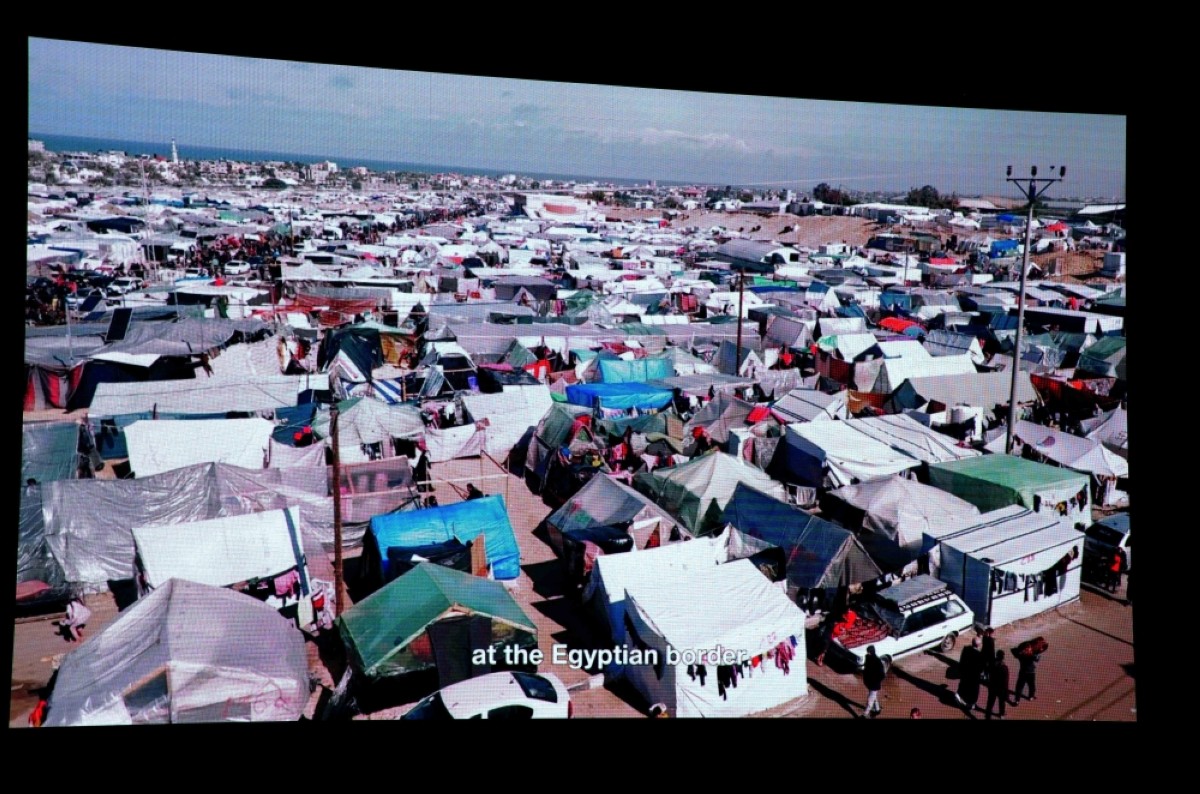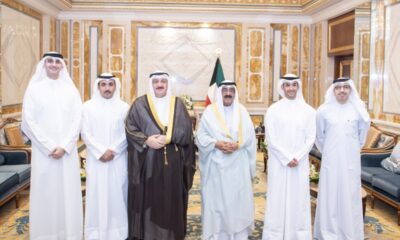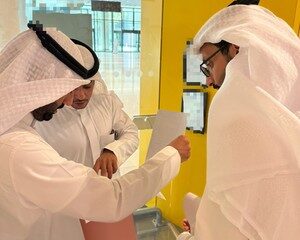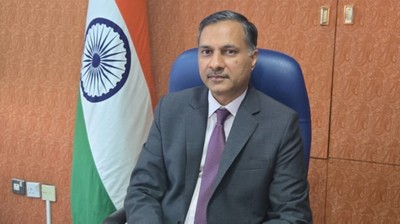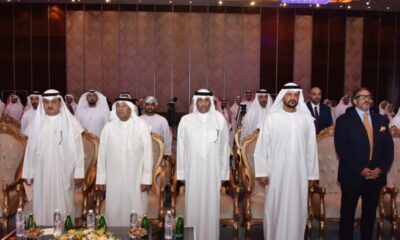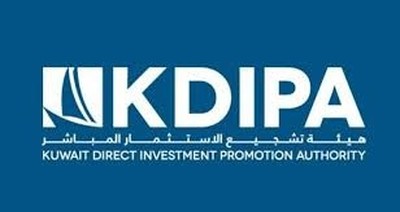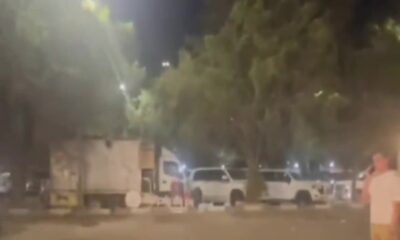KUWAIT: Palestinian Ambassador to Kuwait Rami Tahboub described the film ‘From Ground Zero’ as a “living testimony” of the ongoing genocide in Gaza, during a screening held Tuesday at the American University of Kuwait (AUK) as part of the Palestine Film Festival. The documentary, which was shortlisted for an Oscar and has been screened at over 100 international film festivals, is a collection of 22 short films created by Palestinian filmmakers living in Gaza.
It was initiated by Palestinian director Rashid Masharawi in the early weeks of the Zionism assault to give voice to those directly affected on the ground. “It is the Palestinian narrative told by Palestinians themselves, a narrative that for too long has been silenced and distorted,” Tahboub said, addressing the audience ahead of the screening. “It’s the voice of Gaza.”
The ambassador noted that the short films capture a wide range of experiences from inside Gaza: “the fear, the hunger, the thirst, the desperation, the displacement, and most importantly, the resilience.” He emphasized the dangerous and unstable conditions under which the films were made, highlighting the challenges of filming amid airstrikes, power outages, and communication blackouts. “The filmmakers risked their lives to document the truth, charging phones and uploading footage wherever they could – often from hospitals under constant attack,” he said.
Ambassadors and diplomatic representatives watch the film.
Chris Johns, one of the organizer’s of the festival.
Palestinian Ambassador to Kuwait Rami Tahboub
Tahboub praised director Rashid Masharawi, who was born and raised in Gaza and has reportedly lost 38 members of his family during the current conflict. Despite this personal loss, Masharawi led the project with the collaboration of more than 20 filmmakers – both men and women – and over 100 individuals who served as eyewitnesses and contributors under siege. “The film reflects the collective effort of Gazans to tell their story, in their own words and images, to international audiences,” Tahboub said.
He reminded the audience of the broader context in which the film was made. “We gather here tonight as the genocide continues in the occupied state of Palestine, particularly in the Gaza Strip, where a brutal and relentless (Zionist) aggression is being waged,” the ambassador said. “This savage occupation aims to forcibly displace the indigenous people of Palestine and to erase their presence, their identity, and their right to live on their own land.”
Chris Johns, one of the festival’s organizers, praised the filmmakers’ efforts in producing the short films under extreme conditions in Gaza. “The films were all shot during the last 12 to 18 months, under siege, while Gaza was under attack. It’s astonishing they were able to do this,” he said.
He described scenes from the films showing starving individuals still finding ways to help others, calling it a powerful display of humanity amid devastation. “In a time when many media entities are distorting the truth, I’m glad this film came out,” he said, emphasizing that the stories featured in From Ground Zero are not political but deeply human. “When we come together and we’re able to talk and share, we realize that humanity is what bonds us. Palestine, for me, is humanity,” he added.



